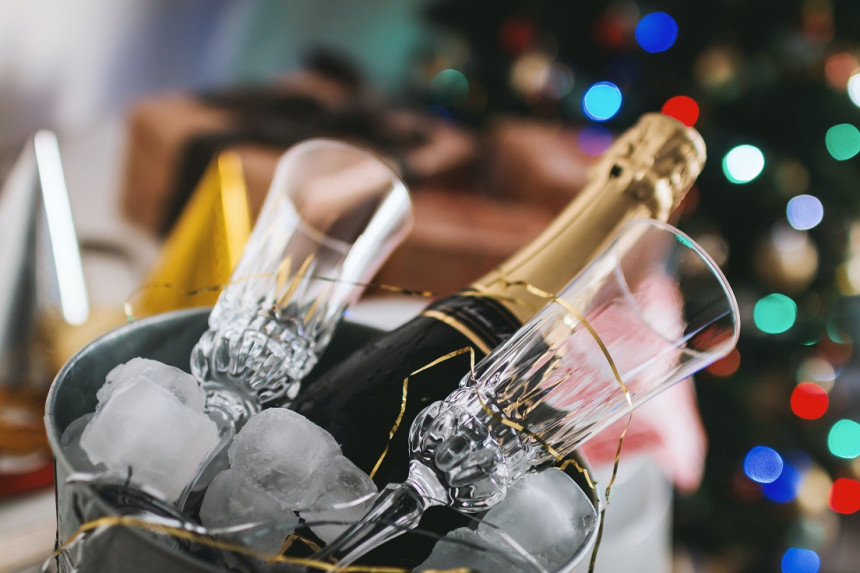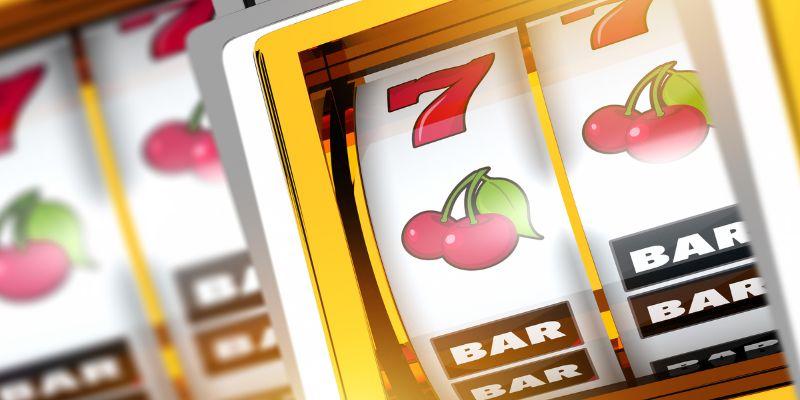Discovering the perfect bottle for your celebration can turn a routine occurrence into a memorable one. Whether it’s a wedding toast, a milestone birthday, or simply a cozy night, the right choice in this sparkling wine elevates the moment. But how do you navigate the myriad options available? This guide demystifies the process, making it easy for you to make an informed decision the next time you buy champagne.
Knowing What You’re Looking For Identifying Your Preferences
The journey starts with understanding your taste preferences. Are you a fan of sweet or dry varieties? The sweetness level of this effervescent beverage ranges from ultra-brut to doux, indicating the sugar content. Dry varieties tend to pair well with a wider range of foods, making them a versatile choice for dinner parties.
Additionally, the texture and bubble size can vary, with some people preferring a more delicate effervescence over a robust fizz. It’s also worth considering the occasion – a more refined, subtle variety might be suitable for elegant gatherings, while a bolder, more expressive type could be the party’s life.
The Region Matters: Exploring Geographical Variations
The region where the grapes are grown plays a crucial role in the character of the wine. The classic region in France is known for its unique terroir, imparting distinct flavours to the grapes. However, excellent sparkling wines are also produced in other regions globally, often at more accessible price points. Exploring these different regions can lead to delightful discoveries.
For instance, Italian or Spanish versions offer distinct flavours and styles that can be a pleasant surprise. Understanding these regions’ climate and soil conditions helps to appreciate the diversity and richness of flavours offered by different brands.
Vintage vs Non-Vintage: Understanding the Difference
Vintage bottles are made from grapes harvested in a single year, noted on the label, and are typically produced only in exceptional years. Non-vintage bottles, on the other hand, blend grapes from different years to maintain a consistent house style. While vintages are often more expensive and sought after by collectors, non-vintages offer consistent quality and value. The choice between vintage and non-vintage often depends on personal preference and the intended use.
Pairing with Food: Enhancing Your Dining Experience
Pairing this celebrated drink with food can enhance both the meal and the drinking experience. Lighter, drier varieties complement seafood and light appetizers, while richer, sweeter styles can stand up to heartier dishes. Don’t forget to consider it as a key ingredient in cocktails for a creative twist on classic drinks. The right pairing can elevate a simple meal to a gourmet experience, making even a casual dinner feel special.
Price Point Considerations: Finding Value for Money
Price sometimes equates to quality. While prestigious labels can command high prices, many excellent options won’t break the bank. It’s worth exploring different price ranges to find a bottle that fits both your taste and budget. Remember, the best bottle is the one that suits your personal preferences and the occasion. Also, consider purchasing during sales or looking for deals at local stores, as this can be a great way to try higher-end bottles at a more affordable price.
When you set out to buy champagne, keep these insights in mind. Whether you’re a seasoned enthusiast or a newcomer to sparkling wines, understanding these key aspects will empower you to make choices that turn every occasion into a special celebration.
Conclusion
The next time you want champagne, remember that the secret to a great purchase lies in understanding your preferences, exploring different regions, considering the vintage, pairing it with food, and finding the right price point. With these tips in hand, you’re all set to elevate any occasion with the perfect bottle.






